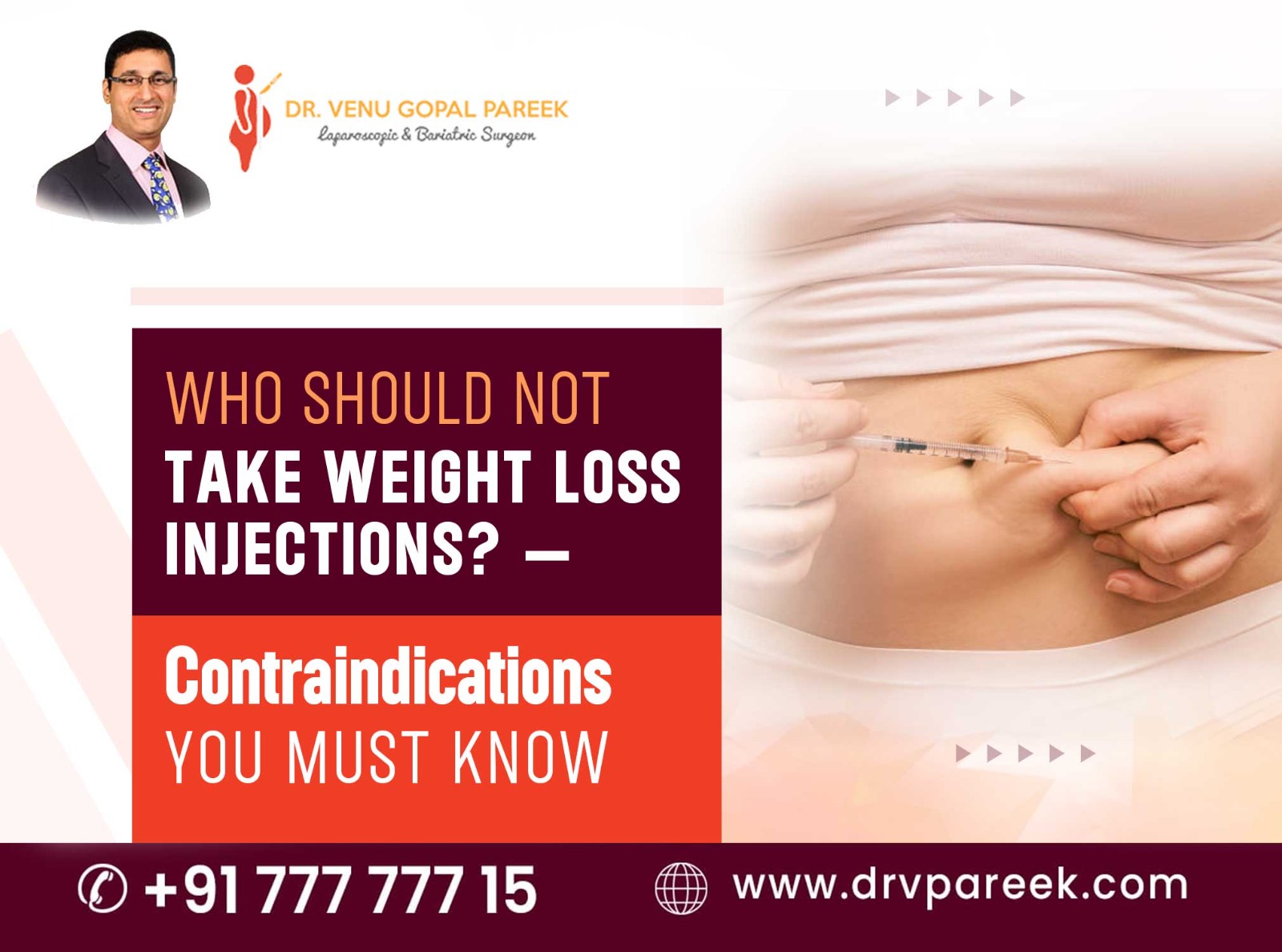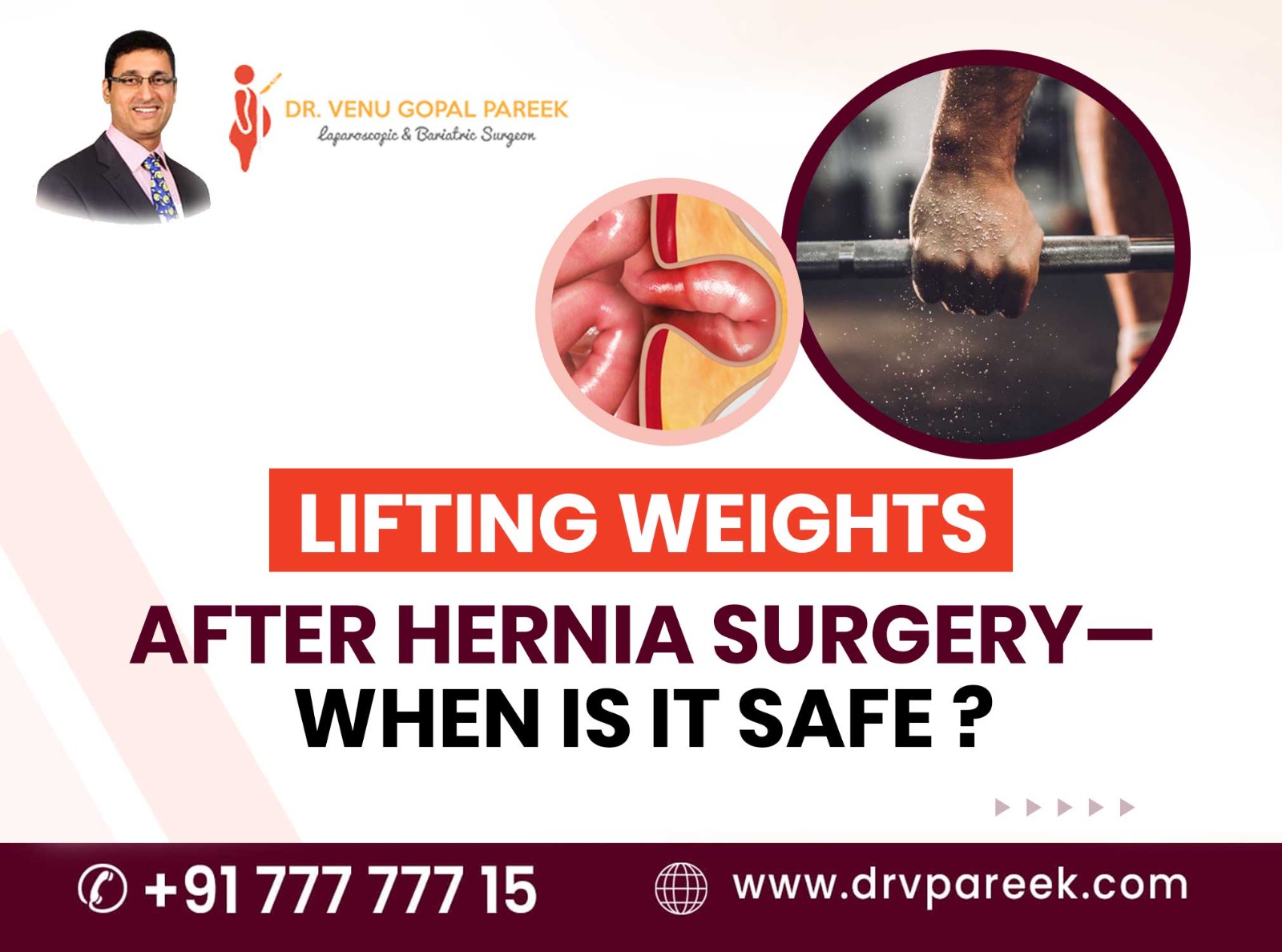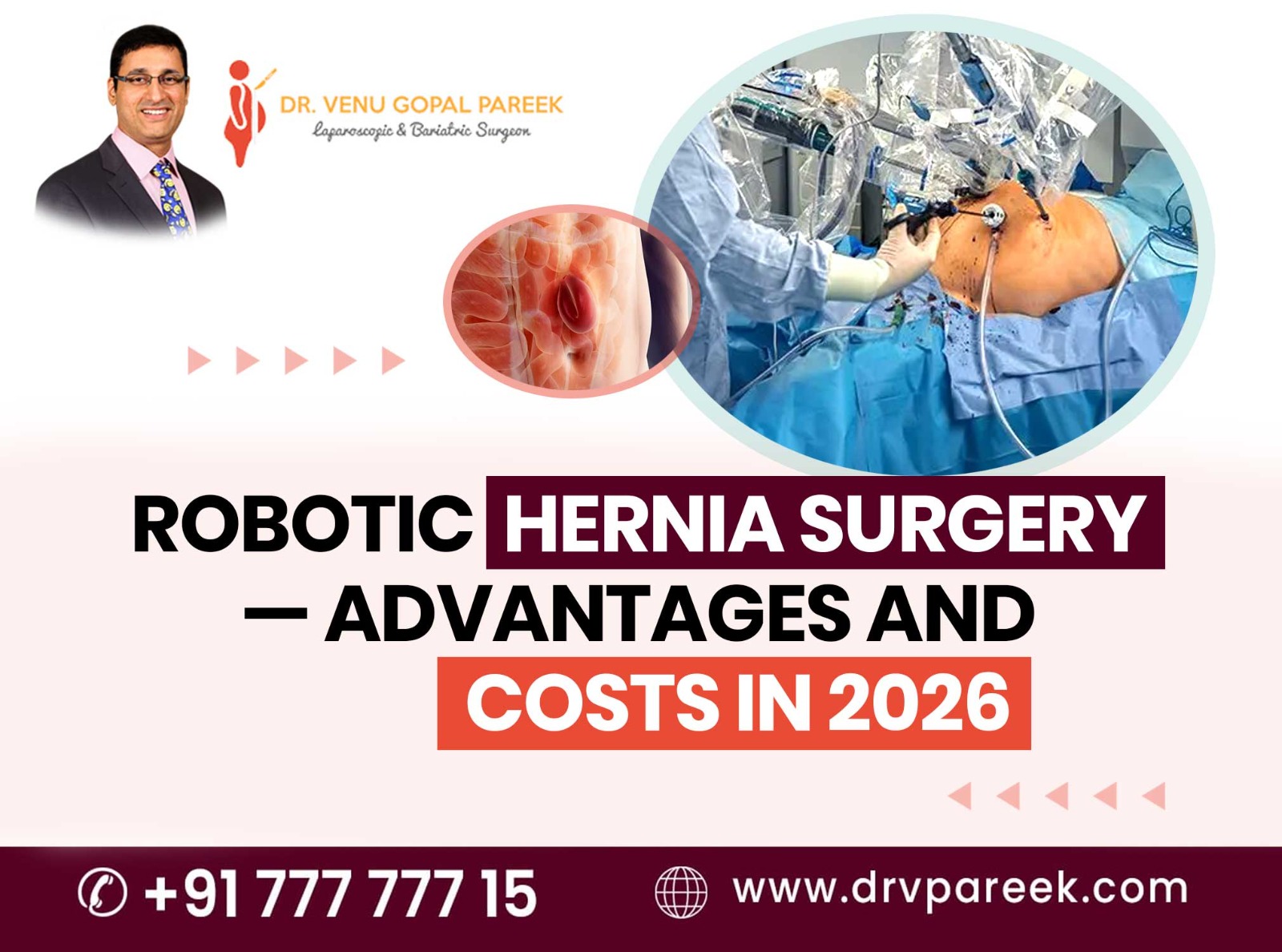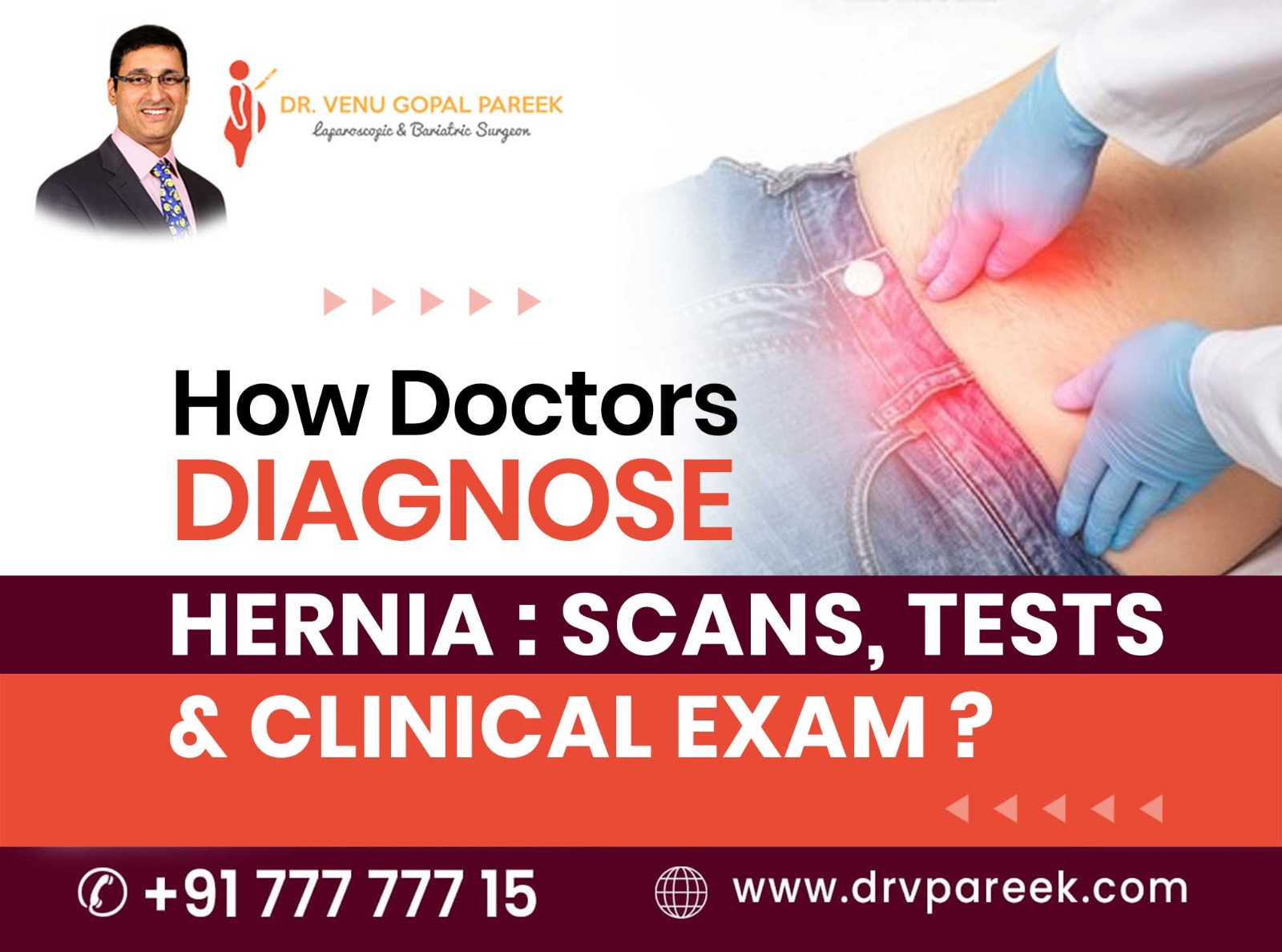
What to expect after thyroid surgery? What are the dos and don’ts after thyroid surgery?
The thyroid is a butterfly-shaped gland that produces hormones that regulate the metabolism of your body. Generally, thyroid procedures are tolerated well, and most people recover smoothly without any problems. A thyroid surgery (thyroidectomy) is a procedure in which a small portion of the thyroid gland or the complete thyroid gland is removed. Thyroidectomy is a common procedure used to treat conditions like thyroid nodules, goitre, hyperthyroidism, or thyroid cancer.
Patients recover quickly and safely from the thyroid surgery. Most of them are able to eat, drink, and walk around within 24 hours of their surgery. Patients may experience less pain from thyroid surgery, which is why less pain medication is required post-surgery. However, doctors prescribe it if needed. You will be under observation after surgery and will be discharged the next day.
Immediately post-surgery
After thyroid surgery, you will be under observation for a few hours, mostly until the anesthesia effect wears off. Once you are conscious, doctors will check for your vitals and other possible complications. If there are no complications, you will be discharged within 24 hrs. If necessary, you may need to stay overnight in the hospital for observation.
A small surgical drain might be placed near the incision to remove excess fluids, particularly in the case of extensive surgeries. Post-surgery, patients may experience symptoms like soreness, mild pain, and swelling in the neck, which can be managed with medications.
Common symptoms observed after thyroid surgery
People may experience the following symptoms after surgery:
- Temporary changes in the voice (hoarseness), which is caused by disturbance of the vocal cords or nerves during surgery.
- Stiffness or discomfort while rotating your neck.
- After surgery, you may feel tired for a few days.
- If the parathyroid glands are affected during surgery, patients may experience a calcium imbalance. It causes symptoms like tingling or numbness in the fingers or around the mouth. In such cases, you may be advised to take calcium supplements.
Replacing the thyroid hormone
The thyroid is a vital organ that plays a key role in many bodily functions. Removing the entire thyroid gland disturbs all those functions, which is why you need to take synthetic thyroid hormone on a daily basis to replace the hormones produced by the thyroid gland. Generally, doctors suggest levothyroxine as the replacement for thyroid hormones to ensure smooth bodily functions and overall health.
Your thyroid hormone levels need to be monitored regularly through blood tests so that the dosage of medicine can be adjusted if necessary. Regular monitoring helps with balanced metabolism.
In cases of partial thyroidectomy, a part of the thyroid gland is left, and it can produce enough thyroid hormone that you need. However, supplementation might be necessary for some patients.
Wound care and healing
Cover the incision with surgical tape or gauze dressing. Keep the incision site clean and dry to avoid infections. Stitches often dissolve on their own. However, take proper wound care and follow the advice of your surgeon on what to do and what not to do. Typically, the scar fades away over time.
Generally, thyroid surgery is safe, and most people recover smoothly and return to their regular activities in one to two weeks.
What are the dos and don’ts after thyroid surgery?
After any major surgery, you may or may not be allowed to do certain things, which apply to thyroid surgery as well:
Dos After Thyroid Surgery
- Follow the instructions of your surgeon, especially regarding the wound care.
- Take advised medications only as instructed by the surgeon, particularly thyroid hormone and calcium supplements
- Keep the incision site clean and dry, especially for the first few days.
- Use supportive pillows while sleeping to prevent strain on your neck.
- Eat soft foods until you recover.
- Take complete rest for the first few days after surgery
- Watch for symptoms; if you observe any abnormal symptoms, consult your surgeon immediately.
- Never miss your follow-up appointments with your surgeon because they will monitor your hormone levels and recovery.
Don’ts After Thyroid Surgery:
- Don’t strain your neck by lifting heavy objects for at least two weeks.
- Don’t make sudden or excessive neck movements.
- Don’t miss your medication, particularly if you are on calcium or thyroid hormone supplementation.
- Don’t drive until your doctor suggests it.
- Don’t apply unadvised creams or ointments to the incision.
- Don’t smoke or drink alcohol, as it delays wound healing.
- Don’t ignore symptoms like voice changes or breathing problems.
- Don’t ignore signs of infection.
- Don’t resume strenuous activities until your doctor’s clearance.
If you are having any thyroid problems, consult Dr. Venugopal Pareek, the best laparoscopic surgeon for thyroidectomy. He has more than 18 years of experience and can provide proper medical support and guide you through the recovery process to ensure a smooth and safe recovery. Post-surgery, most patients lead normal and healthy lives. Call +91 91777 77715 to book your appointment with the doctor.







